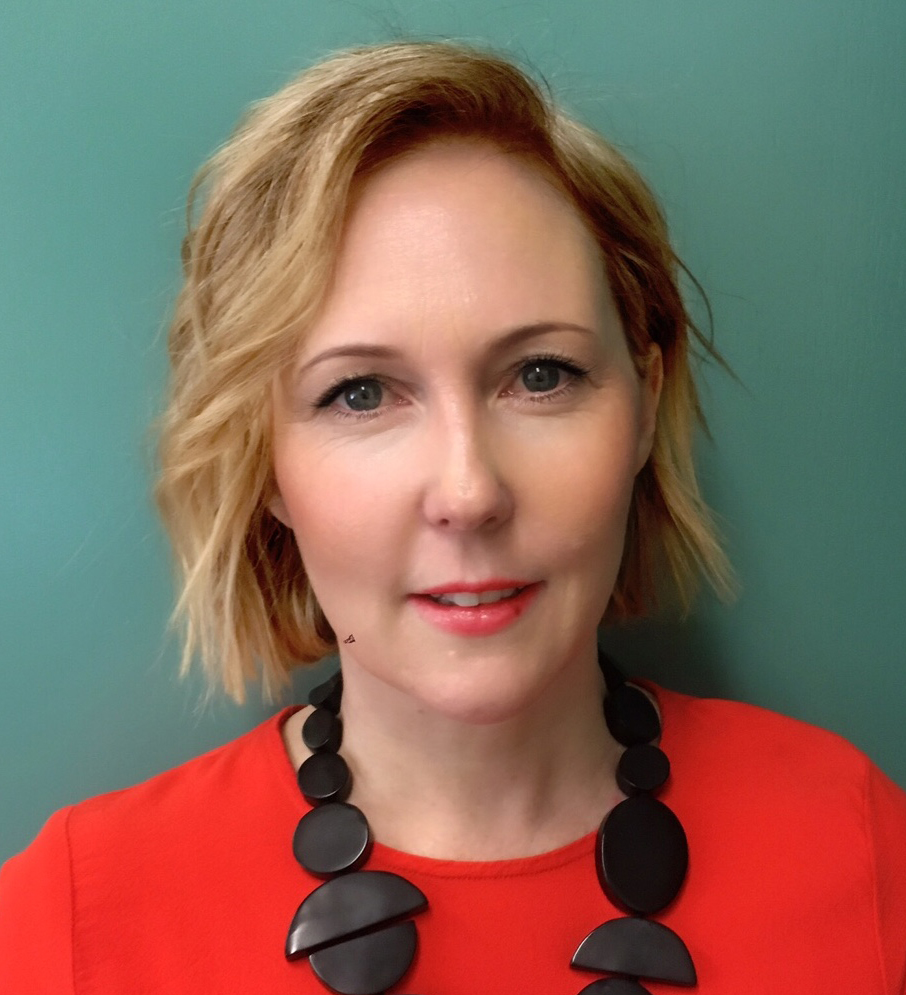
Admission to the neonatal unit occurs during a sensitive period of development. The first 1,000 days of life from conception to age three is considered an open and critical, singular window of opportunity (UNICEF 2018). During this period, children’s brains can form 1,000 neural connections every second, this period of rapid neurodevelopment occurs at a once in a lifetime pace which is never matched. The connections formed are considered the building blocks of every child’s future, contributing to children’s brain function and learning, they lay the foundation for their future health. A lack of nurturing care during this period which includes adequate nutrition, stimulation, love and protection from stress can impede the development of these critical connections. The importance of this period of development is highlighted in a UNICEF global promotion known as #earlymomentsmatter. For babies in the neonatal unit the buffer against known stressors in this setting and the source of consistent nurturing care is their parents.
Parents make not only ‘a’ difference, they are ‘the‘ difference and biggest influence on outcomes of neonates who experience an NICU stay. Recent research has found that increased holding of babies by parents in the neonatal unit is related to better reflex development at term, with parent skin to skin holding increasing infant reflexes and gross motor development at 4-5years of age (Pineda et al 2018). The authors of this research suggested these findings highlight the importance of engaging families in the NICU.
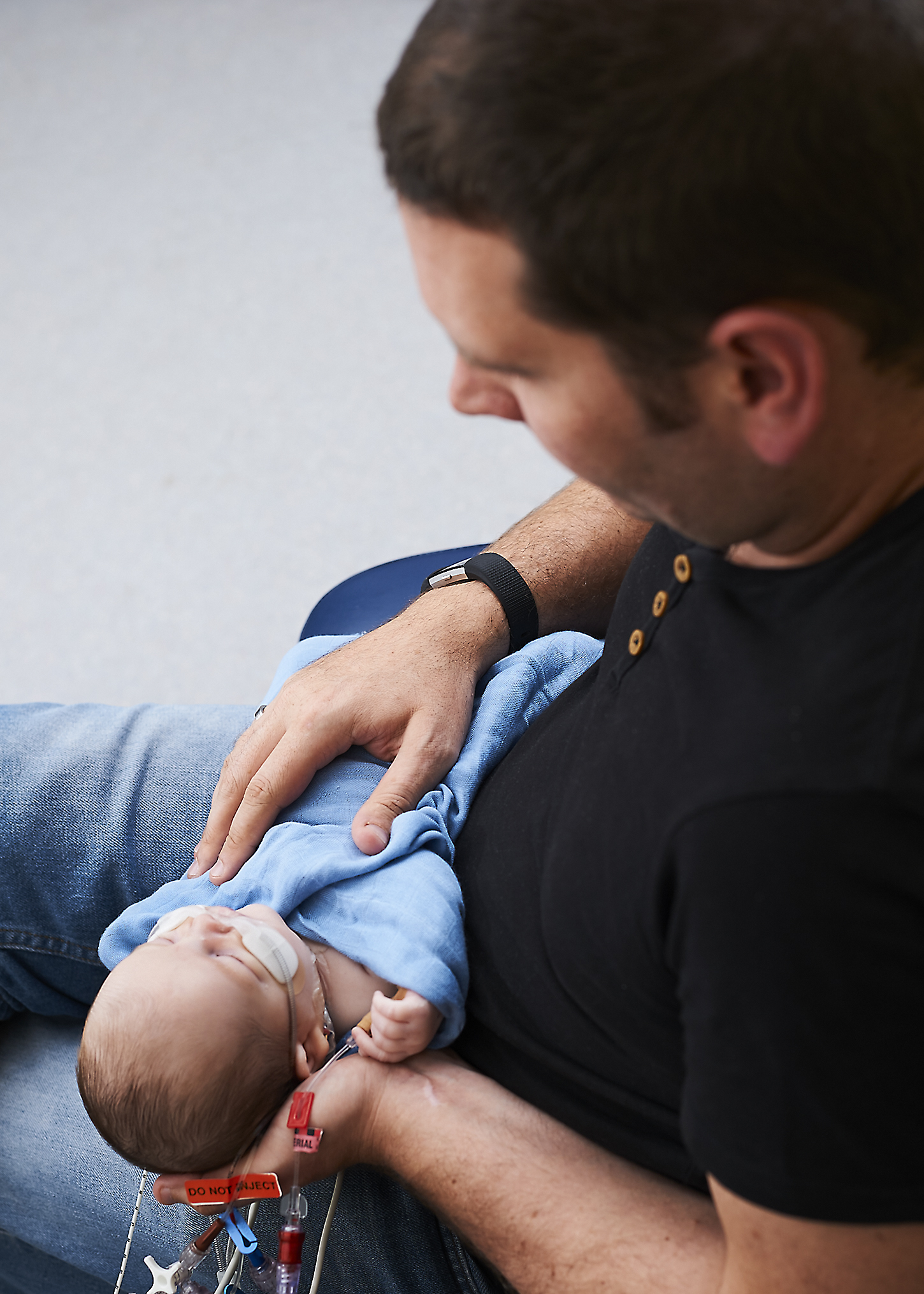
Yet parenting for both mothers and fathers in the neonatal unit is a unique and challenging experience. Researchers have found that up to 64% of mothers in the neonatal unit experience psychological distress both within and beyond the NICU. With mothers who experienced psychological distress demonstrating less confidence in parenting than mothers without psychological distress (Harris et al 2018). Whilst fathers in the neonatal setting have described parental role alteration, infant appearance, NICU environment, and staff communication as stressors (Prouhet et al 2018). Universally engaging parents during their NICU hospitalization is seen as a strategy that improves parenting confidence and reduces parental role alteration. Family involvement is essential to facilitate early and long lasting positive effects on their baby’s physical, cognitive and psychosocial development (Craig et al 2015).
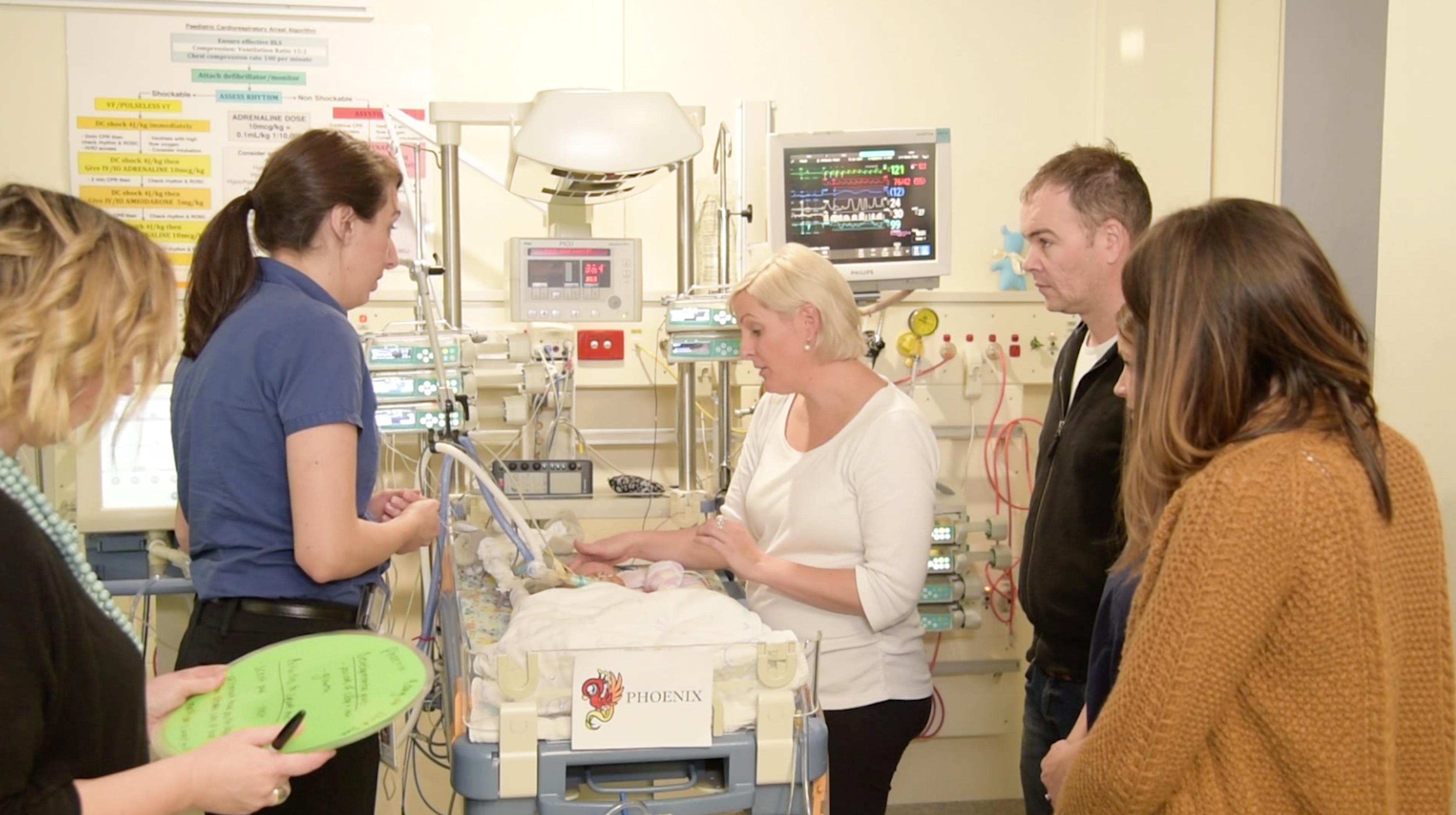
Whichever philosophy or model of care is utilised in your neonatal unit, parents should be at the centre of all you are trying to achieve. NIDCAP is a model of care that has been partnering with parents for the past 36 years. NIDCAP Certified Nurseries, Professionals and Training Centres are focussed on supporting relationships between neonates and their parents, health professionals and parents within system in which we both exist. We recognise that what works for us as healthcare professionals and the families may not be the same thing. For staff engaged with NIDCAP the neonatal unit is seen as the families’ space, when we enter we are walking into their home, this place is their everyday, it is where their baby lives, sometimes it will be the only space where they are existing. These concepts remind us to respect babies and families by the way we behave, speak and go about our day in the NICU, encouraging us to support them and the connections they would foster in a home environment. Families should not be made to conform to the rules or language of a hospital system instead we need to make the system work for them, for each different family and their diverse needs. This approach requires a commitment to understanding the needs of infants and families, whilst investing in staff and a culture which seeks to embrace and support parents in an environment that they may have never heard of or imagined.
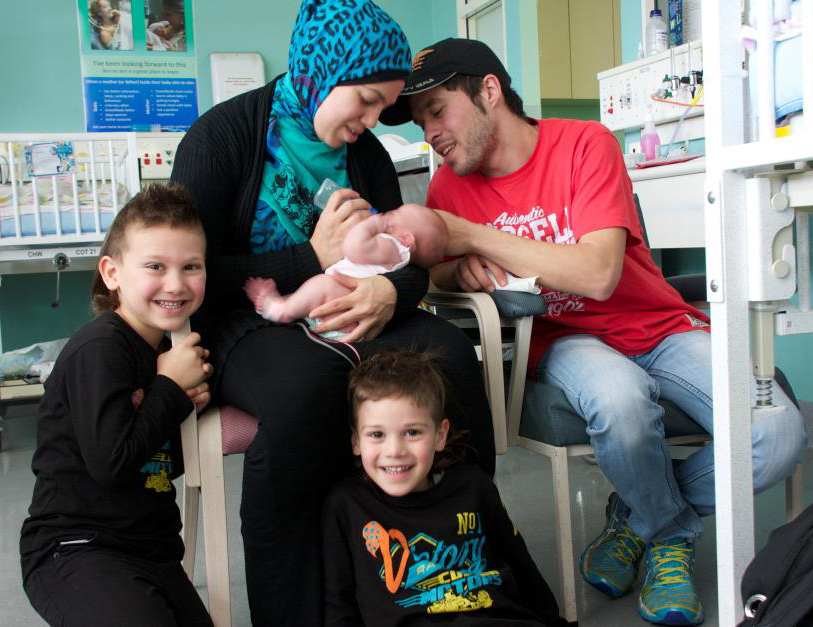
Recently the ‘Eight principles of patient-centred and family centred care for newborns in the neonatal intensive care unit’ has been promoted by clinicians in Europe (Roué et al 2017). The authors advocate additional research or evidence is not required to implement these strategies due to the breadth of the existing body of evidence. Unsurprisingly the first principle recommended is free 24 hours a day parental access with no limitations due to staff shift or medical rounds. We would argue that this should be extended to siblings, as parents often struggle to meet the needs of a toddler or child and their baby in the neonatal unit. Asking them to choose between their children’s needs is cruel and as evidenced by the literature and lack of infections related to sibling access in the neonatal setting unnecessary (Horikoshi et al 2018). Infants’ and families’ needs during the neonatal period are viewed as universal; therefore, an effort to implement principles that engage families and support them within this setting is needed in all units and countries.
Adopting a philosophy where we learn from parents and their experiences in the neonatal unit is essential when developing services to meet current and future needs. Hearing what parents have to say of their time in the neonatal setting can be unexpected, unsettling and challenge the beliefs you hold in relation to your own practice and the service your unit provides. The experience of being open to and learning from parent’s experiences offers an incredible platform for personal, professional and unit development.
Some of the lessons I have learned personally as a nurse in the neonatal unit from families about how we can place them at the centre of caregiving include:
- My job is to advocate for you and your family on a journey that is uniquely yours
- We all have work to do, this is not about perfection
- Little things to me, might mean everything to you
- Not every family wants or needs the same thing, they should all be offered the same opportunities and respect
- Celebrate everything the big, the little, the in-between – life is too short
- You the mum, the dad, the baby can teach me (the healthcare professional)
- These babies in this place are always yours, my job is to support you in an environment that is unfamiliar and often unimagined
- We all have good and bad days, we can be at our best or our worst, tomorrow is another opportunity to try again
- Saying I am sorry this is terrible, means more than trying to justify something
- Perspective is everything and we are all coming from a different direction
- Telling a family to take a break and get some rest doesn’t help them. Getting a comfortable chair, a glass of water or cup of tea and a blanket not asking them to go anywhere means more
- It is rare to be untouched and unaffected in the neonatal unit as either a parent or staff member. We all carry different pieces of our journeys or those journeys we have witnessed with us – what we see changes us.
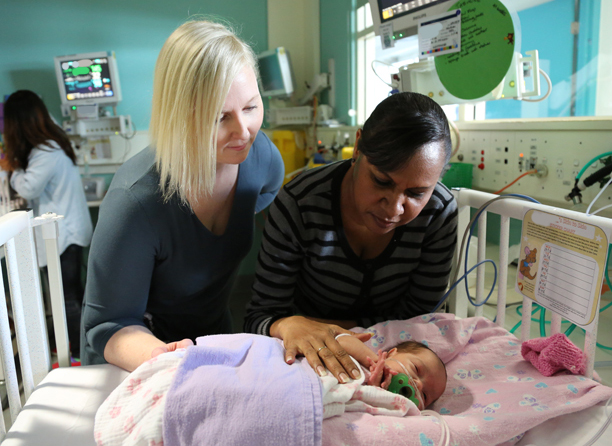
As health care professionals we are in a unique position to learn from parents and their babies, where ultimately our role is to advocate for caregiving in partnership with and led by them. Placing families at the centre of quality improvement activities, research, staff training, clinical guidelines, practice initiatives and all that we do in the neonatal unit is the key to our success. We are responsible for what families achieve during their journey and beyond the neonatal unit. Asking ourselves how we can continue to improve their experience and learn from them is something we should ask ourselves before every interaction and at every opportunity.
Nadine Griffiths
Clinical Nurse Consultant
NIDCAP Trainer, Australasian NIDCAP Training Centre
References
Craig JW, Glick C, Phillips R, Hall SL, Smith J, & Browne J (2015) Recommendations for involving the family in developmental care of the NICU baby. J Perinatol. 35(Suppl 1): S5–S8.
Harris R, Gibbs D, Mangin-Heimos K, & Pineda R. (2018) Maternal mental health during the neonatal period: Relationships to the occupation of parenting. Early Human Development 120: 31–39
Horikoshi Y, Okazaki K, Miyokawa S , Kinoshita K , Higuchi H, Suwa J, Aizawa, Y &Fukuoka, K. (2018), Sibling visits and viral infection in the neonatal intensive care unit. Pediatrics International, 60: 153-156. doi:10.1111/ped.13470
Pineda R, Benderc J, Halla B, Shaboskya L, Anneccaa A & Smith J (2018) Parent participation in the neonatal intensive care unit: Predictors and relationships to neurobehavior and developmental outcomes. Early Human Development 117: 32–38
Prouhet PM, Gregory MR, Russell CL & Yaeger LH. (2018) Fathers’ Stress in the Neonatal Intensive Care Unit: A Systematic Review. Advances in Neonatal Care. 18(2):105–120
Roué J-M, et al.(2017) Arch Dis Child Fetal Neonatal Ed;102:F364–F368. doi:10.1136/archdischild-2016-312180
UNICEF (2018) Early moments matter https://www.unicef.org/media/media_94378.html
